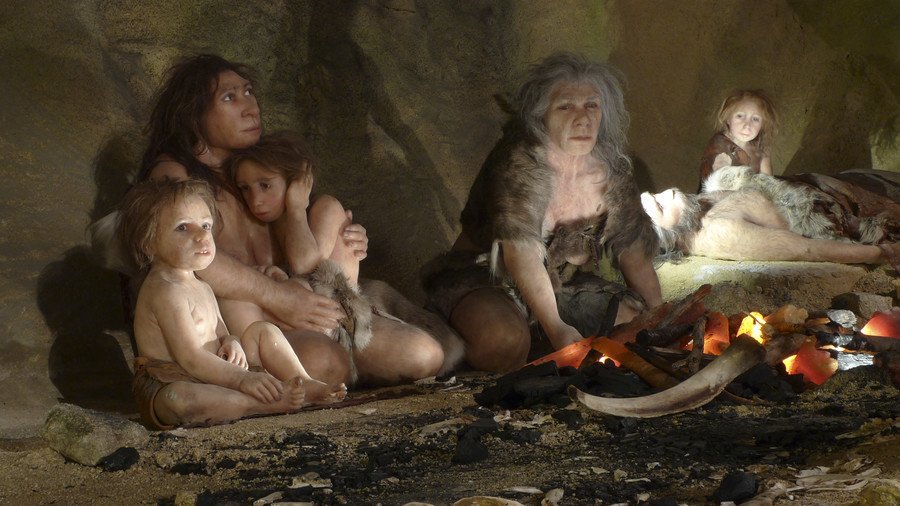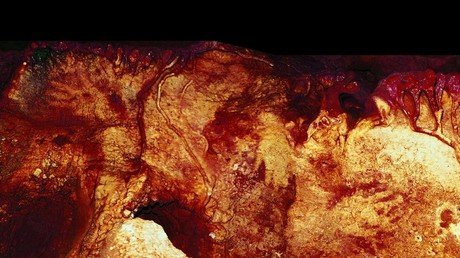Unlocking prehistoric genetics: California scientists successfully grow Neanderthal mini-brains

Scientists no longer need a time machine to study Neanderthal cognitive abilities, after a group of geneticists managed to successfully create miniature Neanderthal brains.
A group of geneticists at the University of California, San Diego led by Professor Alysson Muotri conducted a breakthrough experiment, engineering miniature pea-sized versions of the Neanderthal brain.
The results of this unprecedented experiment were presented at June’s UCSD conference called ‘Imagination and Human Evolution.’
According to Muotri, his team has infused human stem cells with Neanderthal DNA that they extracted from the fossilized remains to artificially grow mini brains that mimic the cerebral cortex, the outer layer of real brains.
According to Professor Muotri, the brain activity of these tiny so-called organoids should be similar to that in our brains and should give us some idea about the core differences between human and Neanderthal brain and how they process information and feelings.
There is at least one more team working to create Neanderthal ‘mini-brains,’ this one at the Max Planck Institute for Evolutionary Anthropology in Leipzig, Germany.
The Institute’s director, Professor Svante Paabo, says we’re way off from resurrecting an actual living Neanderthal, but the mini-brains could unlock a lot of mysteries.
What the scientists are hoping to understand is how the long-extinct creatures planned, socialized and used language.
But according to Professor Pääbo, it is nearly impossible to state with any degree of certainty that the organoids will be able “to tell us how adult brains function.”
Muotri’s team has so far revealed that neurons in the so-called ‘Neanderoids’ make fewer synaptic connections, creating what resembles an abnormal neuronal network in the brains of children with autism. The geneticist is very cautious about any statements, saying that he wouldn’t want families to jump to conclusions thinking his team is comparing autistic kids to Neanderthals. “But it’s an important observation,” he says.
Muotri has already developed human organoids and is working to hook them to little robots and have them control their functions. He hopes that the next step would be pitting those robots against Neanderthal-brain-controlled ones.
Think your friends would be interested? Share this story!
















